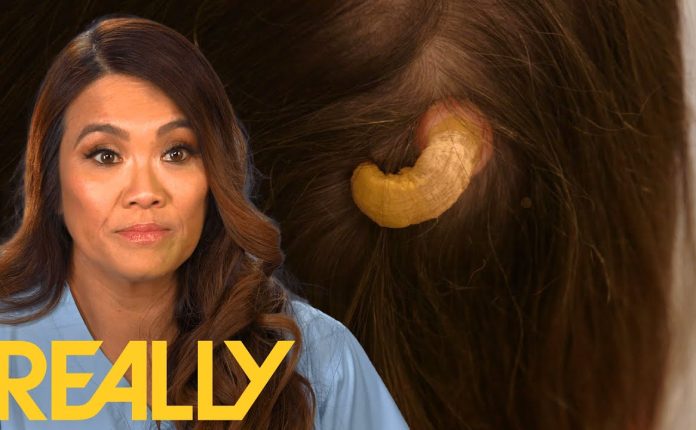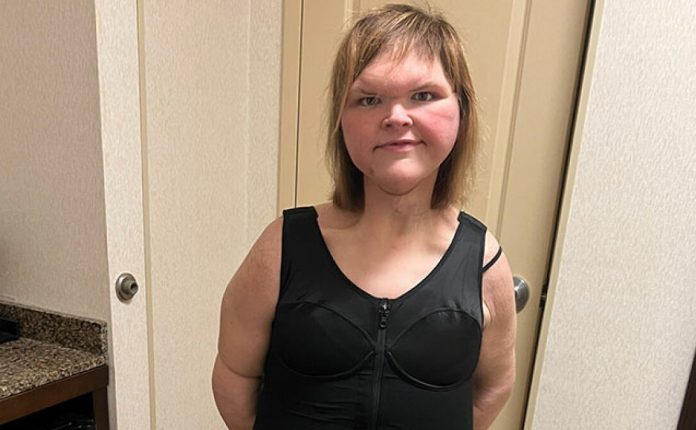
10 Warning Signs of Stroke One Month Before – Unbelievable Signs… Revealed
Scroll to the bottom for a quick read, all the 10 warning signs briefly written there.
Well hello there, friend. It’s so good to have you here today. Tell me, have you ever woken up feeling just a little “off”? Maybe you noticed your coffee cup trembling in your hand, or you felt a sudden wave of dizziness while watering the plants? You brushed it off—thought it was just fatigue or a touch of arthritis acting up. I’ve been there too. But what if I told you those little moments might be whispering something important? Something we absolutely need to listen to?
You see, as we get a little wiser in our years—60, 70, and beyond—our bodies sometimes send us signals. Quiet warnings that, if we catch them early, could change everything. Today, I want to talk about one of the most important conversations we can have: the subtle signs that a stroke might be on the horizon. And here’s what’s surprising—these signs can appear weeks before, even a full month. Catching them? That’s our superpower.
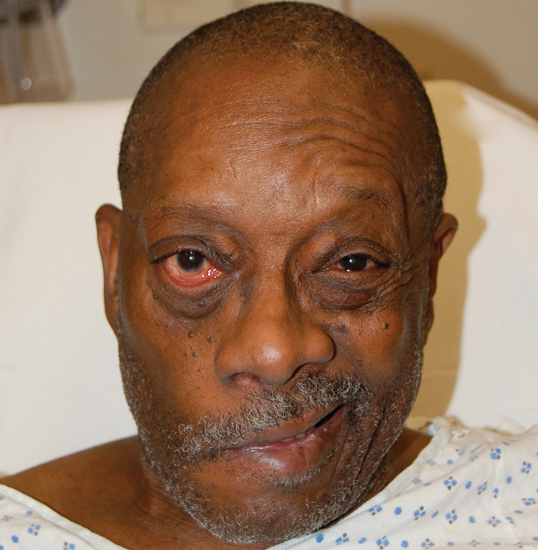
Now, I know the word “stroke” can feel heavy. But think of this as sitting down with a dear friend over tea, sharing what we’ve learned to keep each other safe. Together, we’ll walk through 10 quiet warnings our bodies might give us. Today, we’ll start with the first three. And I promise—no complicated medical jargon, just straight-from-the-heart talk. Because you deserve to feel empowered, not overwhelmed.
Let’s begin with one you might not expect. It’s not the classic “face drooping” you hear about in emergencies. No, this one’s quieter. Have you ever had a headache that felt… different? Not your usual tension or sinus ache, but something sharper, like a lightning bolt in your head? Or maybe a dull throb that settled in and just wouldn’t leave? My neighbor, Martha—bless her—called it her “angry headache.” She’d never had migraines, but one week, out of nowhere, this pounding started behind her left eye. She took aspirin, rested, but it lingered. A month later, she had a stroke.
Here’s the key: when headaches appear suddenly, feel unusually intense, or seem disconnected from your normal patterns, they can be a red flag. Why? Because strokes often start with changes in blood flow to the brain. Think of it like a river—when the current shifts, it sends ripples upstream first. So if a headache feels “new” or “strange,” please, don’t dismiss it. Tell someone. Call your doctor. Write it down in that little notebook by your phone. It’s not being dramatic—it’s being wise.
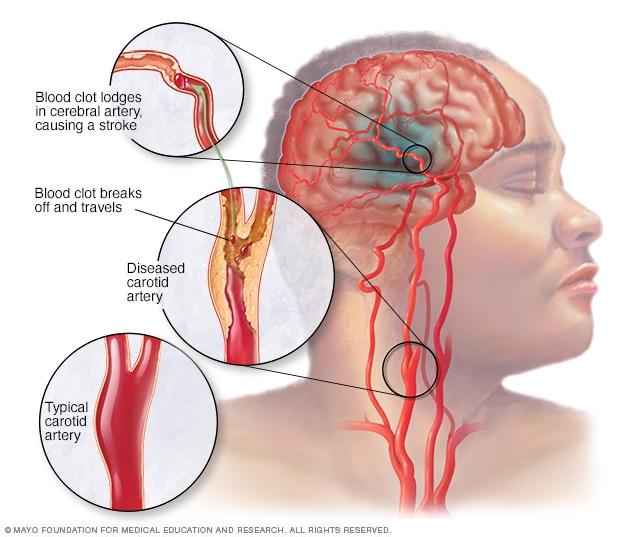
Now, let’s talk about something that might seem ordinary: balance. And I don’t mean the “I stood up too fast” wooziness we all know. I mean moments where the room genuinely spins—like you’ve stepped off a merry-go-round. Or maybe you feel strangely anchored to the floor, as if your legs aren’t quite obeying. My friend, this isn’t just “getting older.” It could be your brain struggling to map your place in space.
Picture this: You’re walking to your garden shed, a path you’ve taken for 20 years. Suddenly, you veer sideways, bumping into the roses. Or maybe you reach for a shelf and miss the jar completely. These tiny stumbles can signal that blood flow to the cerebellum—the brain’s balance center—isn’t quite right. And here’s what’s important: it might not last. An hour later, you feel steady again. But that brief wobble? It’s worth paying attention to. So next time it happens, sit down, breathe, and ask yourself: “Is this new?” If it is, treat it like a friendly tap on the shoulder from your body.
Finally, let’s talk about your hands. Have you ever picked up a pen and felt… nothing? Like your fingers were wrapped in cotton? Or woken up with a patch of skin on your arm that felt oddly numb, like it fell asleep? Now, we’ve all had a limb “tingle” after sitting too long. But when numbness or tingling appears without pressure—especially on just one side—and lingers longer than a few minutes? That’s our third sign.
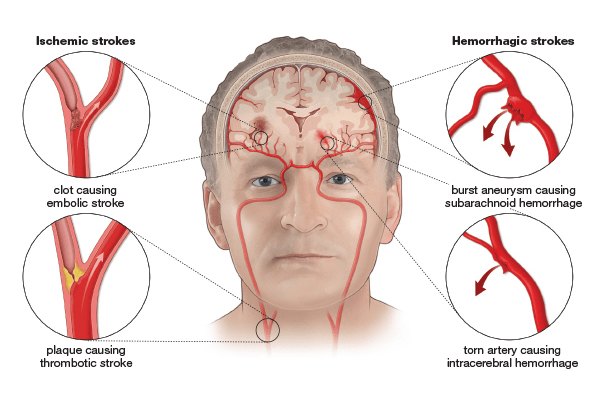
Take my cousin, Frank. He was whittling on his porch last spring when his right hand suddenly felt “cold and heavy.” He thought he’d pinched a nerve. Thirty days later, he had a stroke affecting that same side. Here’s why this happens: your nerves are like a network of tiny wires. When blood flow dips, those wires misfire. So if you notice unexplained numbness in your face, arm, or leg—even if it fades quickly—don’t chalk it up to “sleeping funny.” Tell your doctor. Describe it. Keep track. Because your body’s whispers are kinder than its shouts.
So here’s where we are: First, those new and unusual headaches. Second, balance hiccups that feel out of character. Third, numbness or tingling that shows up uninvited. These aren’t reasons to panic—they’re reasons to pause. To listen. To act.
You know, I think the greatest gift we give ourselves as we age is paying attention. Noticing the quiet things. So next time you feel one of these little signs? Take a breath. Write it down. Share it with someone who cares about you. And remember—we’re just getting started. There’s more to share, and I’ll meet you right back here to continue this conversation. Until then, be kind to that wonderful body of yours. It’s been carrying you through a beautiful, long life—and it’s not done yet.

Now, let me ask you something: When was the last time your eyes played tricks on you? And I don’t mean needing stronger reading glasses or squinting at small print—that’s just part of the adventure of getting older! I mean moments where your vision changes suddenly. Maybe for a few minutes, the world goes blurry, like you’re looking through frosted glass. Or perhaps you lose a slice of your sight—like a curtain falling over one eye.
My dear friend, Elsie, noticed this last spring. She was deadheading her marigolds when her left eye went dark for nearly ten minutes. “Just tired,” she told herself. But friends, that “tired” was her brain’s way of waving a flag. When blood flow to the optic nerve dips—even briefly—it can dim our vision like a flickering lamp. So if your eyesight does something odd or fleeting? Don’t shrug it off. Note the day, the time. Tell your daughter or neighbor. It’s not fussing—it’s taking the reins.
Next—let’s talk about your brilliant mind. We all forget where we put our keys sometimes (Heaven knows I’ve found mine in the fridge!). But have you ever felt suddenly… lost? Not just forgetful, but genuinely confused in a place you know well? Like standing in your own kitchen, wondering what the kettle is for? Or struggling to form a sentence mid-conversation, as if the words evaporated?
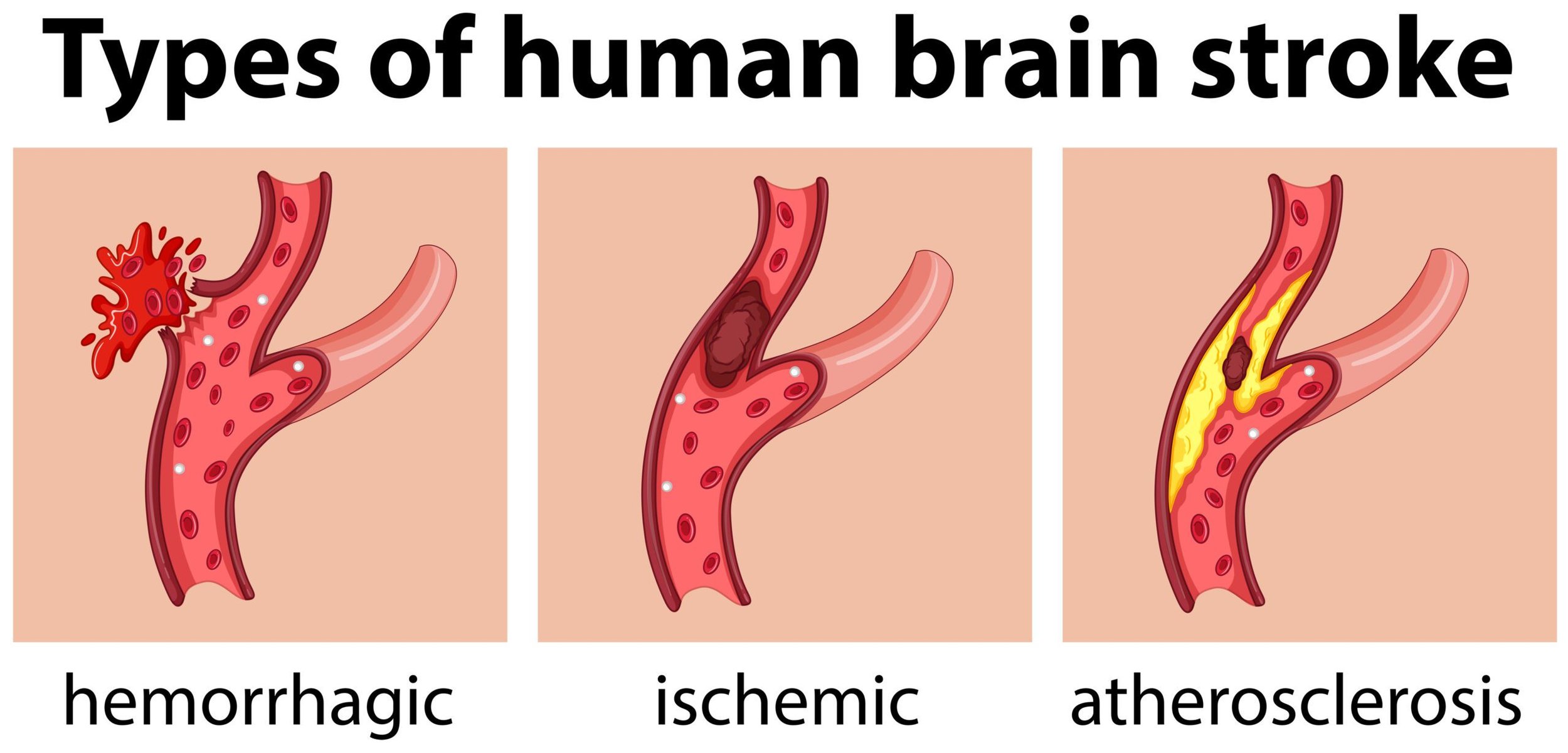
This happened to my neighbor, Sam. A retired teacher—sharp as a tack!—who suddenly couldn’t recall his grandchild’s name during a video call. For five minutes, his thoughts scattered like leaves in the wind. He blamed stress. But a month later? A stroke. What Sam felt was his brain’s language center briefly “stalling” from reduced blood flow. So if you or a loved one has a sudden “gap” in thinking or speaking—even if it passes—treat it like a check-engine light. Gently say, “Let’s get this looked at.”
Now, here’s a sign we often dismiss as “just aging”: a bone-deep weariness. Not the good kind of tired after gardening or a walk with grandkids—but exhaustion that feels heavy. Like you’ve run a marathon in your sleep. You nap but wake up drained. Your arms feel like lead stirring oatmeal.
Margaret, who joins me for bingo every Tuesday, felt this last winter. “I’m just slowing down,” she’d say. But her “slowdown” was sudden—a profound fatigue that made her breathless climbing stairs she’d tackled for years. Turns out, her heart was struggling to pump blood efficiently to her brain—a quiet red flag. So if your energy plummets without reason—especially alongside other signs we’ve talked about—it’s not “laziness.” It’s your body whispering: “Pay attention here.”
So let’s gather what we’ve shared:
-
Vision changes that flicker like a candle (blurriness, dark patches, double vision).
-
Confusion or speech hiccups that feel out of character (lost words, disorientation).
-
Unexplained exhaustion that weighs you down like a wet coat.
You know, our bodies speak to us in gentle ways long before they shout. These signs? They’re not meant to scare us—they’re invitations. Invitations to pause, to act, to partner with our doctors. And every time you listen, you’re writing a love letter to your own well-being.
We’ve covered six signs now—half our journey. But there’s more to share, and I’ll meet you right here next time to walk through the rest. Until then, keep noticing, keep nurturing that wonderful spirit of yours. And if something feels “off”? Honor that feeling. You’ve earned the right to be your own best advocate.
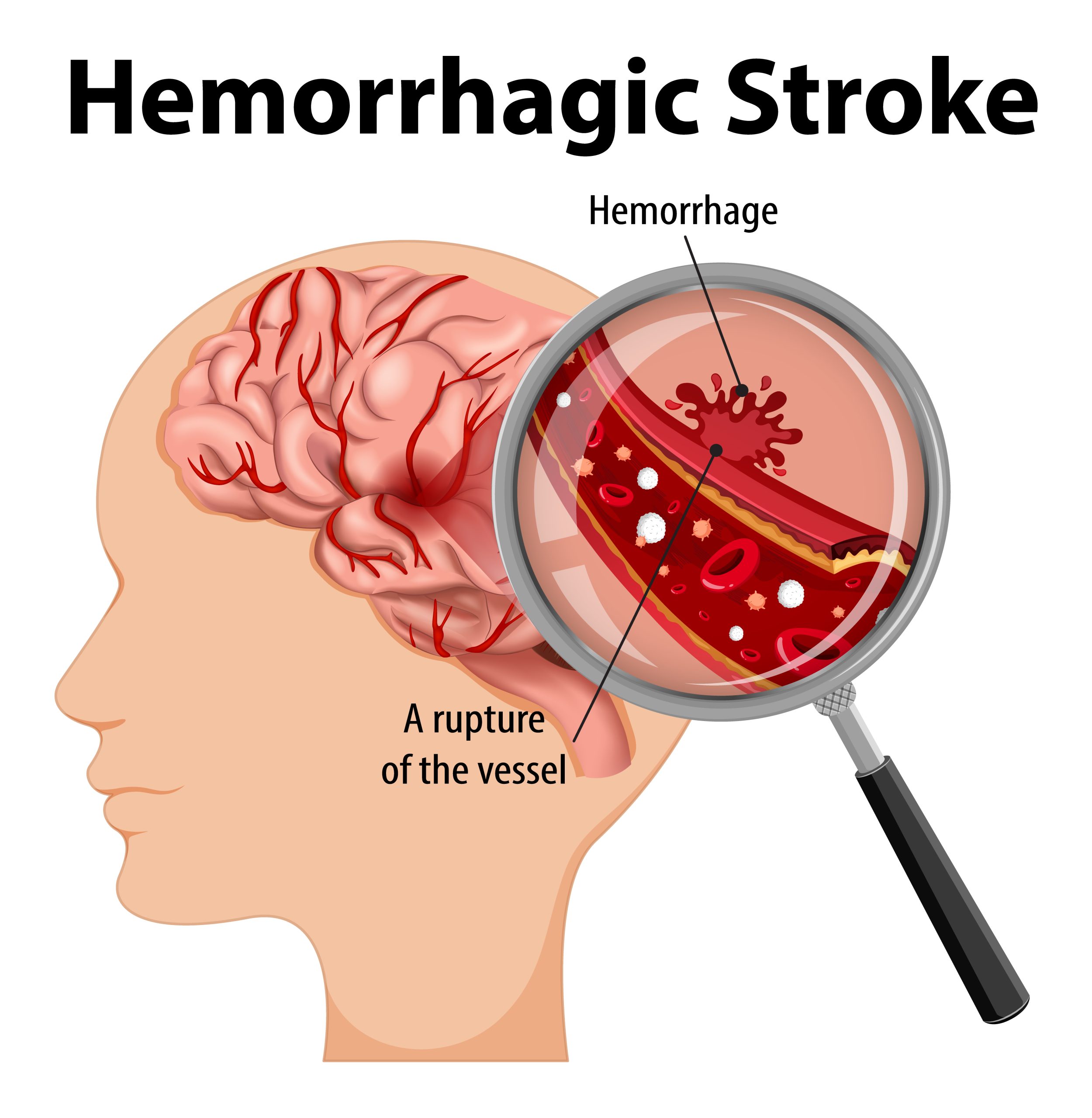
Let’s start with something we rarely talk about: swallowing. Now, we’ve all had a sip of tea go down the “wrong pipe” now and then—a little cough and we’re fine. But have you ever felt like food just… sticks? Like your throat forgets how to swallow? Or maybe you’ve choked on something soft—a bite of mashed potato or oatmeal—when you never used to?
My aunt Dorothy noticed this last summer. She’d always loved her morning toast, but suddenly, she’d cough violently after a small bite. She blamed “dry bread” and dunked it in tea. But weeks later, she had a stroke. What Dorothy felt was her brain’s subtle struggle to coordinate muscles in her throat—a sign that blood flow to those nerves might be changing. So if swallowing feels awkward or risky—even once—don’t ignore it. Tell your doctor, “Something felt different.” That simple sentence could change everything.
Next—let’s talk about your smile. Not the one you share with grandkids, but the one you see in the mirror. Have you ever noticed one side of your face feeling… lazy? Like when you try to grin, that corner just doesn’t lift? Or maybe you sip soup and a little dribbles out without you noticing?
Henry, who plays chess at our community center, brushed this off as “Bell’s palsy.” But when his wife saw his smile sag for a full afternoon, she insisted on the ER. Turns out, it was a TIA—a “mini-stroke”—warning of a bigger one coming. The nerves controlling our face are delicate. When blood flow dips, they falter. So tomorrow, when you brush your teeth, smile at the mirror. If one side hesitates, treat it like a friendly tap on the shoulder. Call your nurse or drive to urgent care. Don’t wait for it to “pass.”
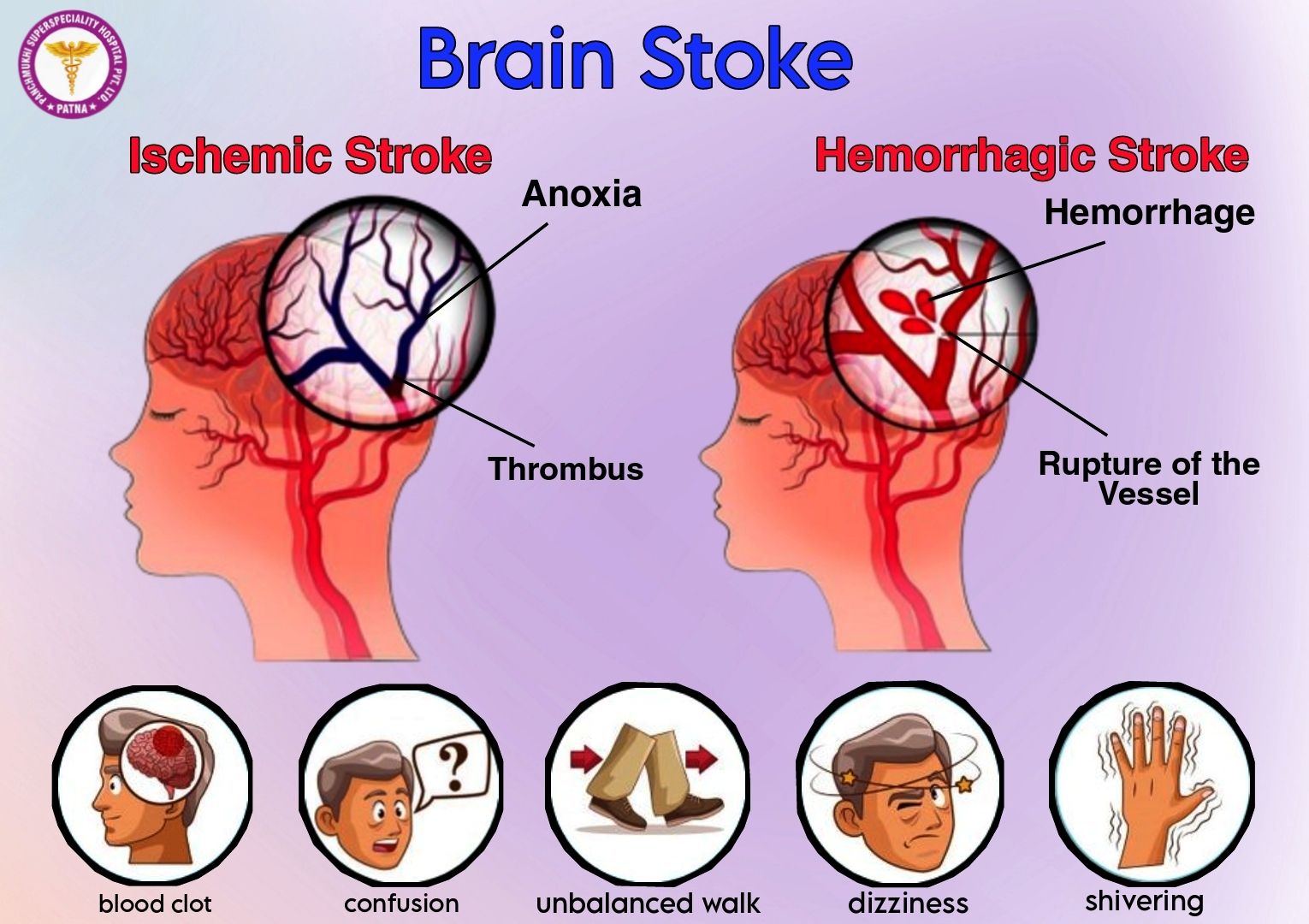
Now, this one’s subtle but vital: emotions that crash over you like a wave. Have you ever felt suddenly, overwhelmingly sad—for no reason? Or burst into tears watching a commercial you’ve seen a hundred times? Maybe rage flares up over something tiny, like a misplaced remote?
My friend, this isn’t just “having a bad day.” When blood flow shifts in the brain, it can stir our deepest feelings like a spoon in honey. My neighbor, Louise—a cheerful soul—sobbed for an hour because her daisies wilted. She felt embarrassed. But a month later? A stroke. Our brain’s mood centers are sensitive. If your emotions swing wildly or feel alien to you, honor that. Say to someone, “My feelings don’t match my heart today.” It’s not weakness—it’s wisdom.
Finally—let’s talk about your heart’s rhythm. Not the steady beat when you’re resting, but those odd moments when it flutters like a bird in your chest. Or races when you’re just sitting still. Maybe it skips a beat, leaving you breathless.
Arrhythmias—like atrial fibrillation—are silent stroke warnings. Blood pools instead of flowing, forming tiny clots that can travel to the brain. My brother-in-law, Walt, felt his heart “dance” for minutes at a time. He called it “excitement.” But when he finally mentioned it to his doctor? They found a-fib—and prevented a stroke. So if your heart hiccups, flutters, or races—especially with any other sign we’ve shared—grab your phone. Record your pulse. Show your doctor. It’s the greatest gift you can give your future self.
So here we are—all ten whispers:
-
New, severe headaches
-
Sudden balance loss
-
Unexplained numbness
-
Blurred or lost vision
-
Confusion or lost words
-
Crushing fatigue
-
Trouble swallowing
-
Facial weakness
-
Emotional storms
-
Heart flutters or skips
But here’s what matters most: You are not powerless. When you notice one of these—especially if it’s sudden or paired with another—think “F.A.S.T.”:
-
Face drooping?
-
Arm weakness?
-
Speech trouble?
-
Time to call emergency services?
Yet even without F.A.S.T., those subtle signs we’ve shared? They’re your early-warning system. Your body saying, “Let’s fix this before it becomes an emergency.”
So today, I invite you: Be kind to yourself. Keep a little journal by your coffee pot. Jot down dates and symptoms. Share it with your doctor like you’d share a grandchild’s milestone—proud you noticed. And if something feels “off”? Dial that number. Walk into that clinic. You’ve spent a lifetime caring for others. Now, let the world care for you.
You are worth it. Every call. Every check-up. Every moment of attention you give yourself.
Thank you for trusting me with your time. Remember: Aging isn’t about slowing down—it’s about waking up. Waking up to the wisdom of our bodies, the strength of our spirits, and the incredible power of paying attention.
Until next time, my friend. Here’s to honoring your strength, your courage, and the gift of time you’ve been given. Take good care.

